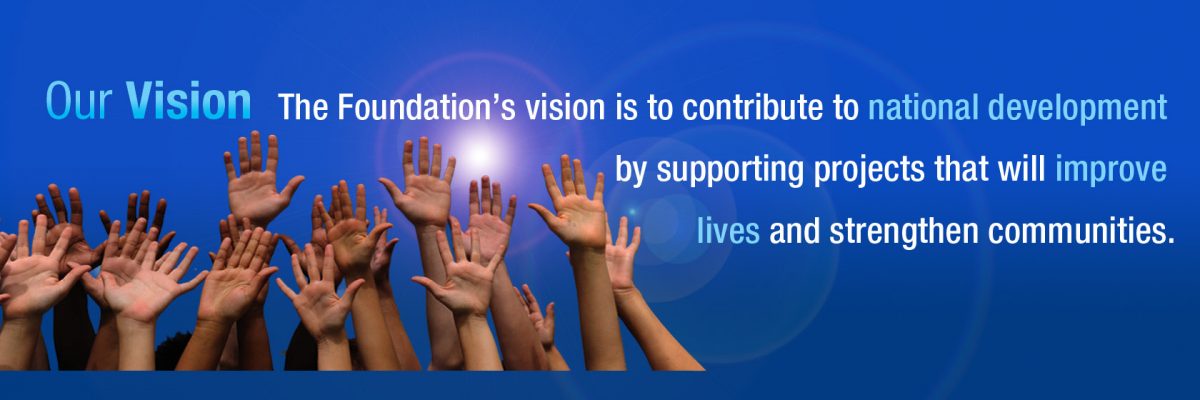
Transforming people lives for a better future by building long term engagement with the development stakeholders to achieve national, regional and global development targets through participatory and human right based approaches.
We envision a prosperous world, a planet where each and every individual has the right to lead a healthy and fulfilling life forming an inclusive society that is just, tolerant and free from fear and violence.
To inspire breakthroughs in the way we work to achieve development goals in the face of evolvinghuman development challenges.
Thematic Areas and Objectives
Economic Sustainability
Development Counterpart (DC) identifies four areas of intervention to achieve economic sustainability of communities. These areas are livelihood, energy, poverty eradication, food security and disaster risk reduction.
Civil Society and Governance
Development Counterpart (DC) realizes the importance of partnerships and is working with both citizens and governments to assist in devising new mechanisms for cooperative actions. We inform and assist communities to interact constructively with their governments.
Health and WASH
We, at Development Counterpart (DC), expressly advocate healthy strong populations as a prerequisite to sustainable development. The interwoven link of poverty and public health presses the need of access to safe water.
Peace, Justice and Human Rights
Development Counterpart (DC) sees peace as inseparable from justice and the extension of human rights as a fundamental ethical obligation. Armed violence and insecurity have ravaged economies and have contributed to sexual violence, crime, and blatant disregard of human rights.
Education
Quality access to life-long learning opportunities remains an unfulfilled global goal. While traditional notions of development are scrutinised and are being replaced, education’s role in development is being transformed.
Gender
Development Counterpart gives utmost important to gender issues that arise from hierarchical relations of power between women and men in their communities. Gender hierarchies are often accepted as natural.
